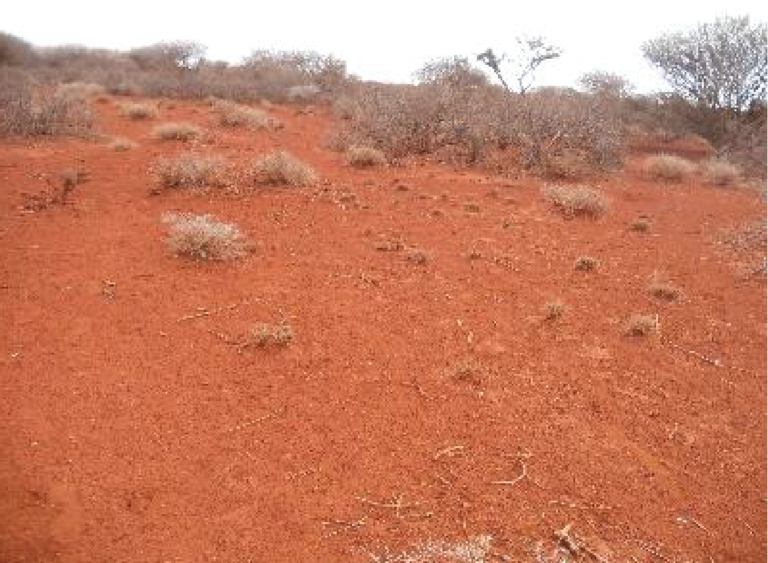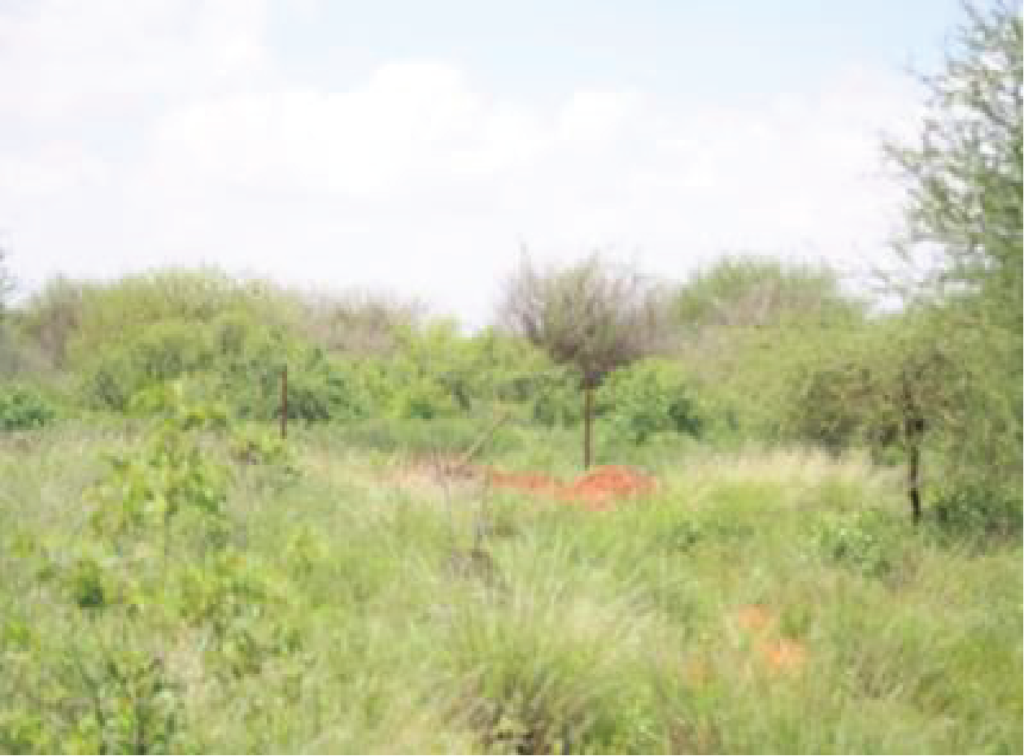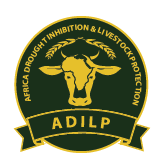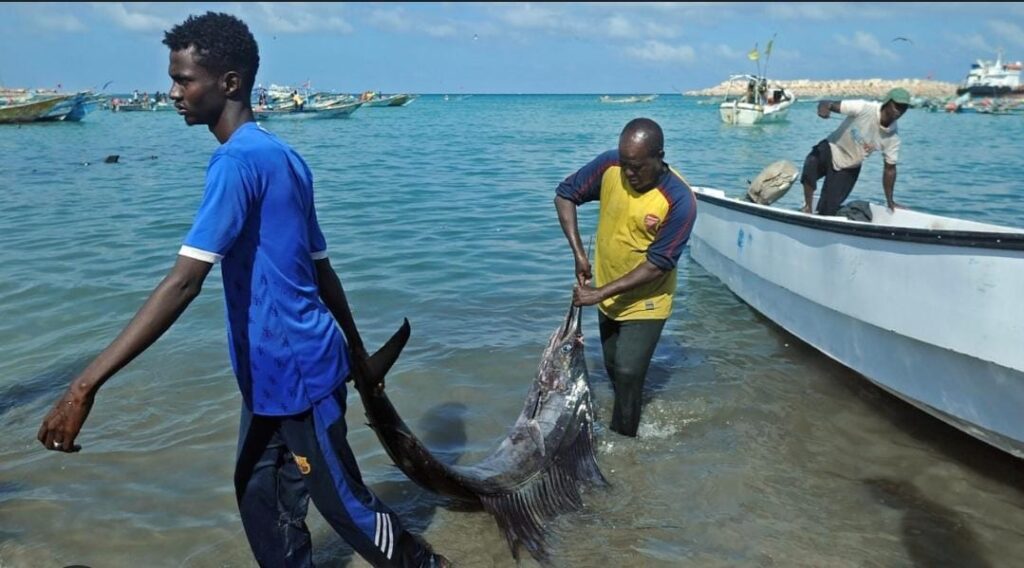Our Focus Areas
Environmental Management
Environmental Impact Assessments & Auditing
- Ecosystem Restoration: We rehabilitate degraded lands and restore biodiversity by using science-based Methods.
- Urban environment: We offer consultancy services on Urban Trees and Green Space Management, and Municipal waste management by using the 3Rs (Re-use, Reduce, Recycle).


Building Rural climate resilience, food security and Climate Change Adaptation
Enhancing livestock Productivity and Food security:
The increasing climate extremes in the Horn of Africa that are believed to be associated to climate changes caused uncertainty in crop and livestock production. Farmers in the Horn of Africa are experiencing loss of livestock, reduced livestock productivity due to prolonged and frequent drought events which affects the livelihood systems of the rural households.
In response, ADILP offer sustainable livestock production solution. ADILP supply highly quality feeds to local farmers/herders to sustain livestock production, ADILP also offer trainings to local farmers on how farmers can produce their own quality feeds at household levels.
- Enhancing soil moisture and surface water availability
Water is one of the most scares natural resources in dryland. ADILP offers rainwater harvesting consultancy services for human and animal consumption, and on-farm in situ water conservation trainings for farmers to increase soil moisture improve crop production.
- Livelihood diversification, improving food security and land productivity
We use agroforestry, non-timber forest products value-chains development and land management techniques for improved resilience, food security, and landscape restoration by providing farmers improved fruit trees and other multi-purpose trees seedlings.
We help the local community adopt modern fishing methods
Quality Policy
- To implement project activities in accordance with defined scope of work, agreed between us and our Clients.
- To guarantee that activities are performed professionally in accordance with the best practices available.
- To deliver services within agreed timeframe and financial budgets.
- To carry out activities in accordance with nature-based solution; and
- To review and apply current science-based practices to continually improve service to Clients.



